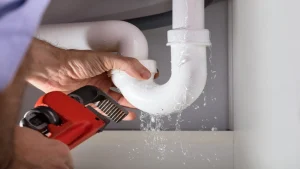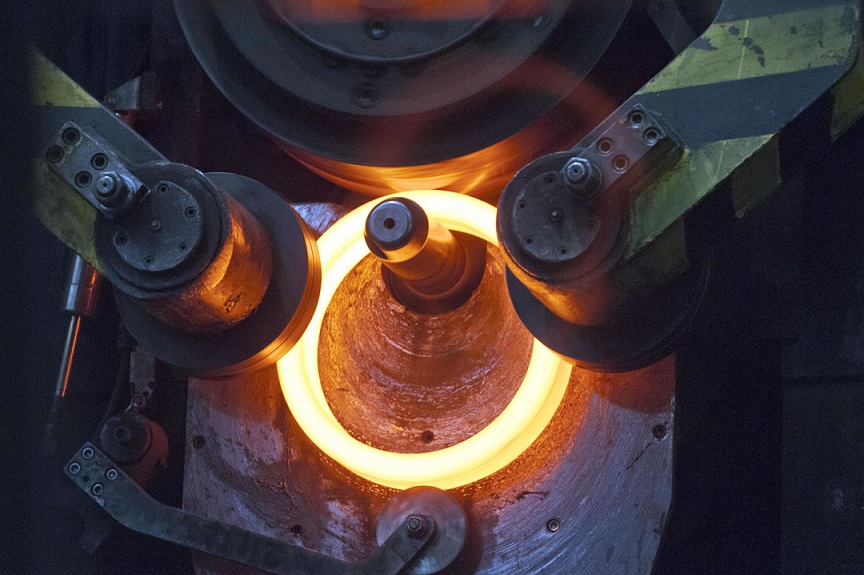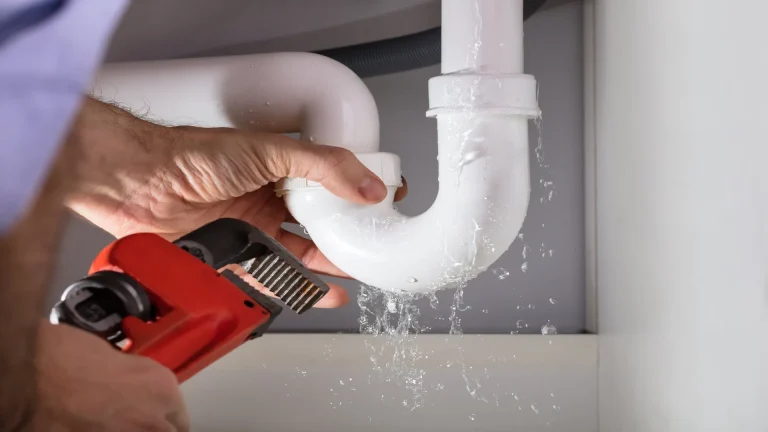In today’s industrial landscape, where precision, performance, and reliability define success, certifications and quality standards in rolled ring forging have become more than just paperwork—they are a symbol of trust. Whether you are sourcing components for aerospace engines, wind turbines, or heavy construction equipment, understanding what those certifications mean can make the difference between operational excellence and costly failure.
The Importance of Certification in Forging
Rolled ring forgings are used in some of the most demanding mechanical environments on Earth. They endure immense heat, pressure, and rotational forces, which means every forged ring must meet strict dimensional and metallurgical requirements. Certifications are therefore essential—they verify that a manufacturer’s processes, materials, and inspection systems adhere to internationally recognized standards. Buyers who work with mechanical parts manufacturer companies that hold these certifications can expect consistent quality and traceability across every production batch.
Quality management certifications such as ISO 9001 and IATF 16949 are foundational. ISO 9001 focuses on overall quality assurance and continuous improvement across operations, while IATF 16949 is specific to the automotive sector, demanding rigorous documentation and defect-prevention systems. For industries like aerospace, the AS9100 certification is critical; it builds on ISO 9001 but adds layers of oversight, including process traceability, risk management, and supplier control.
Material and Process Integrity
For rolled ring forging, material integrity starts at the billet. Reputable forgers test and certify incoming materials to ensure chemical composition and mechanical properties meet standards such as ASTM A182 (for alloy and stainless steel) or AMS 4928 (for titanium alloys). During the forging process, the material undergoes multiple heat and deformation cycles, requiring precise control of temperature and grain flow. Certified facilities must document each step—from heat treatment logs to ultrasonic and magnetic particle testing results—under recognized quality systems.
A custom forging services provider with these process controls in place can tailor properties such as toughness, hardness, and fatigue resistance for different applications. For example, a ring destined for a wind turbine gearbox demands uniform grain structure and perfect concentricity, while one used in oilfield drilling tools needs exceptional impact resistance. Certification ensures not only that the final part performs as intended but that it was produced under reproducible, validated conditions.
Key International Standards
Several standards guide buyers when evaluating forged rolled ring products:
- API (American Petroleum Institute) Standards: Crucial for oil and gas applications, governing metallic materials, non-destructive testing, and mechanical performance.
- NADCAP (National Aerospace and Defense Contractors Accreditation Program): A specialized certification focused on critical processes like heat treatment and nondestructive inspection, often required by aerospace primes.
- EN 10204 / 3.1 or 3.2 Material Certificates: European standards that specify the level of third-party verification for chemical and mechanical test results.
- ISO 14001 and ISO 45001: Environmental and occupational health and safety standards, reflecting responsible production practices.
Working with a Mechanical Parts Manufacturer that holds multiple certifications often streamlines procurement by reducing inspection burdens and improving compliance with customer audits. It also provides assurance that the supplier’s workforce is trained to maintain consistency, even as production volumes or product types evolve.
Traceability and Documentation
Traceability is another core value of certified forging operations. Each rolled ring can be traced back to its heat number, forge press parameters, and inspection reports. This transparency not only satisfies customer audits but also provides crucial data in the rare event of field failures or recalls. For high-value or mission-critical applications, buyers should ensure the supplier offers full document packages, including mill test reports (MTRs), heat-treatment records, and non-destructive examination results.
For companies sourcing custom forged rolled rings, these standards act as a safeguard against hidden defects and performance inconsistencies. Choosing a forging partner without proper certification can expose projects to delays, warranty claims, or safety risks—issues far costlier than the initial price difference between certified and uncertified suppliers.
Building Buyer Confidence
Ultimately, certifications are more than a marketing badge; they represent a company’s commitment to excellence and accountability. In competitive sectors like aerospace, energy, and automotive, maintaining certification compliance requires continuous investment in training, equipment calibration, and process improvement. Buyers who prioritize certified suppliers gain not only superior parts but also long-term reliability and trust.
In a world where precision meets pressure, certifications are the true measure of strength. When selecting your next forging partner, make sure their credentials are as solid as the rings they produce.














